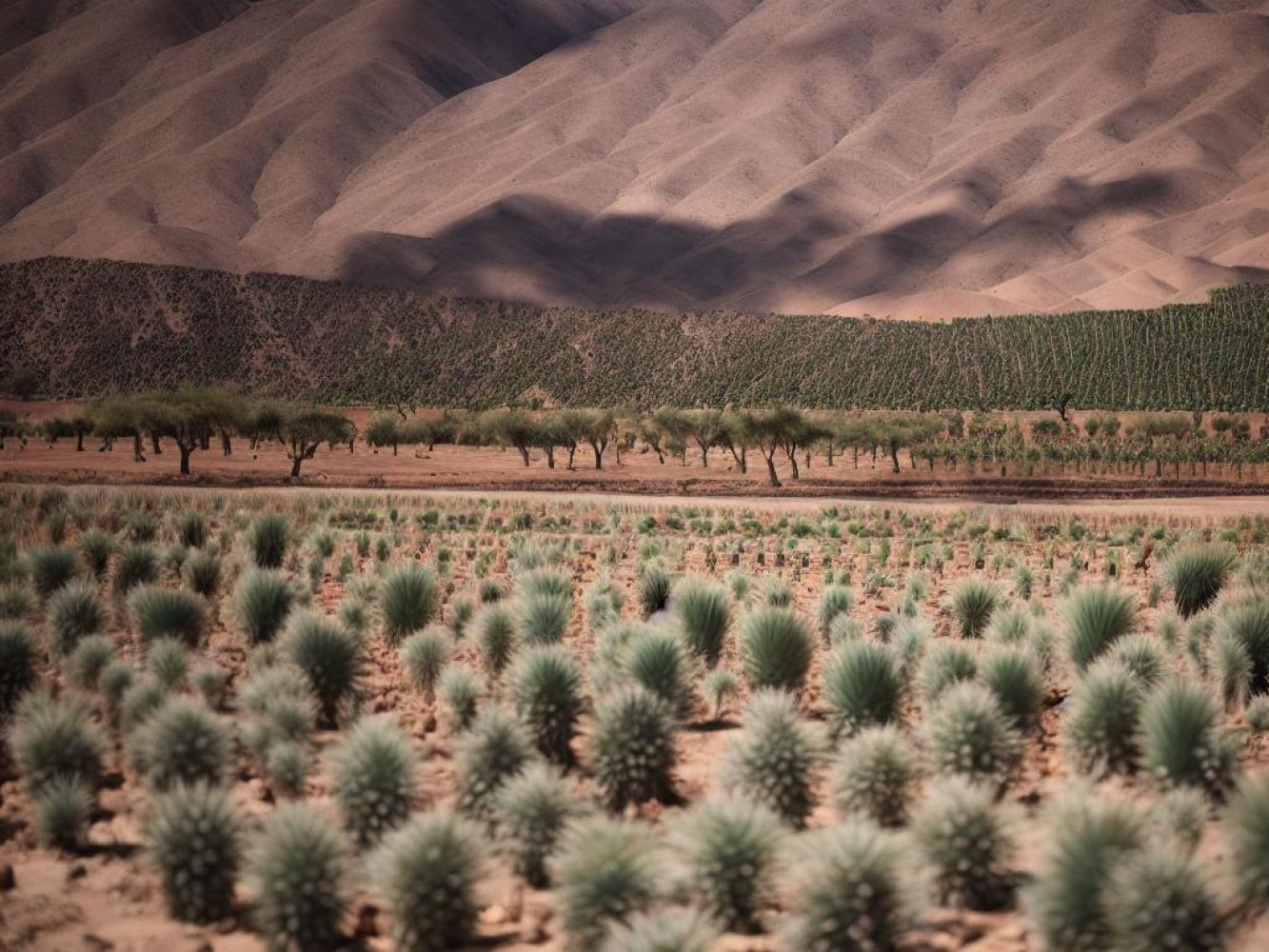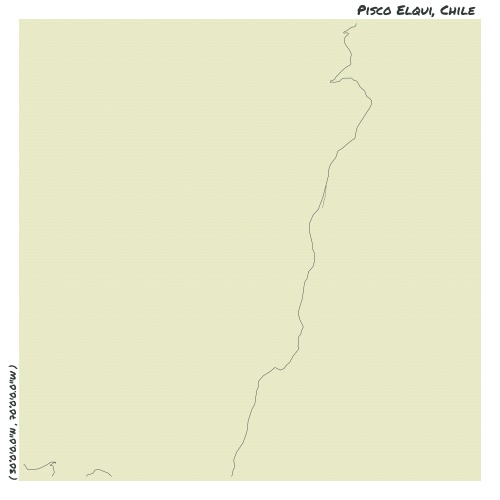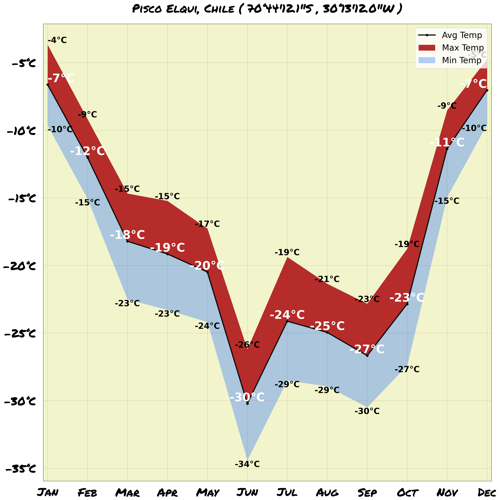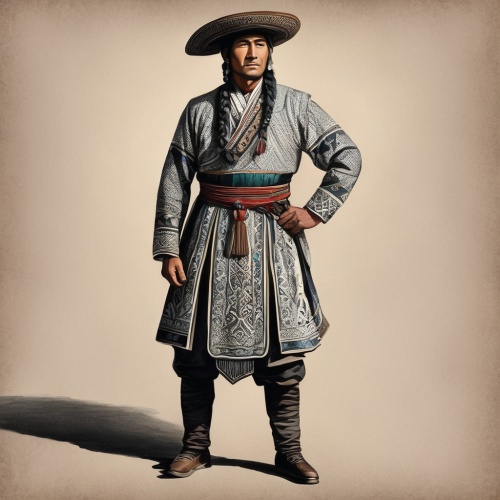Understand
Step back in time and uncover the rich history of the Elqui Valley. Even before the Spanish conquerors arrived, the valley was home to various indigenous cultures such as the Inca and Diaguitas. They were drawn not only by the valley's stunning scenery but also by its favorable climate. Discover the fascinating names that reflect the valley's unique past. From La Greda to La Unin to Pisco Elqui, each place holds a piece of history. These names are derived from the ravines that cut through the valley between the majestic mountains. The village of Pisco Elqui traces its roots back to Quebrada La Greda, where families settled and established a thriving community in the late 18th century. Initially known as La Greda (meaning clay), this village played a vital role in the production of goods using clay and served as the birthplace of the renowned grape brandy, Pisco, stored in traditional clay pots. In 1873, the village changed its name to La Union, commemorating the resilience and unity displayed by the inhabitants during a devastating smallpox epidemic. Facing a shortage of medical supplies and services, the community joined forces to overcome this challenging time. They even built a memorial graveyard for those who lost their lives to remember their bravery. Half a century later, on February 1, 1936, Pisco Elqui was born. By changing its name, the village reinforced Chile's claim as the true home of Pisco, the nation's beloved drink. Today, Pisco Elqui gracefully balances tradition and modernity. The village welcomes migrants from various parts of Chile and the world, while also preserving the cherished customs of local horsemen and goatherds. Immerse yourself in the vibrant tapestry of cultures that make up the fabric of this charming village, where tradition dances hand in hand with progress.








Comments
NO COMMENTS